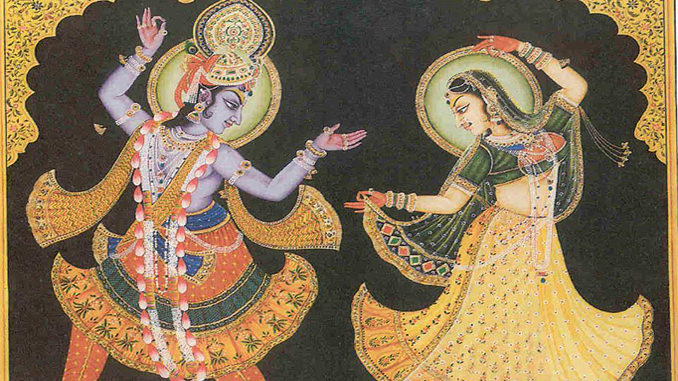
The Sanskrit jan has been described as “that which comes ( J ) from the waters ( AN )” the dictionary defines jan as “generate” “beget” “cause” “create” “take birth” and “grow”. It seems to be related to the waters, the primal waters ( Na ) the causal ocean from which everything is “generated” “born” “produced” and “created”.
Jan produces jani meaning “wife” “mother” “woman” this produces janika meaning “mother” “daughter in law” and this produces janitra meaning “parents” relatives”.
Jani travels to Greece and becomes the gyny in androgyny meaning “male/female” it becomes misogyny meaning “woman hater” it becomes polygyny meaning “many women” it becomes gynarchy meaning “a government of women” and it becomes gynecology meaning the “study of women”.
In ancient times they were not so politically correct and so a Queen was known in relationship to the King as in the “wife of the King”. Once again we see the Sanskrit jani becomes the Greek gyne, the Old Prussian genna, the Old Church Slavonic zena, the Old Saxon Quen and eventually we arrive at the word Queen whose source is this Sanskrit jani meaning “wife” as in the “wife of the king”.
Jani then becomes the Kurdistan – Jin – Parthian – Jn – Avestan – Jaini – Croatian – Zena – Serbian – Zena – Bosnian – Zena – Czech – Zena – Macedonia – Zena – Slovak – Zena – Bulgarian – Zhena – All cognate with this Sanskrit “Jani” meaning “wife” “woman”.
Jan becomes Janaka the great king from the Ramayana, his name meaning “father”. Prior to a sacrifice Kings would ceremoniously plough the land and so Janaka who is the “father” ploughed the land which is the “mother” and the produce was a beautiful daughter “Sita” whose name means “she who was born from a furrow”. Janaka is immortalised in Lord Krsnas Bhagavad Gita.
” Even kings like Janaka and others attained the perfectional stage by performance of prescribed duties. Therefore, just for the sake of educating the people in general, you should perform your work.” Gita 3.20
Rajeev Kumar Tyagi J ज is used as the second part of a compound word . The first part of the compound indicate “from which or whom” and the second part “j” means born. J as such does not indicate water. “Jalaj” जलज means born from water. “J:” ज: means father, birth, creation. “Jan” जन् means ” to give birth, to be born, to come in to being etc”. “Jan:” जनः means all living, males or females. “Janak” जनक is masculine whereas “janika” जनिका is feminine. “Janan” जनन is verb. “Janani: जननिः or jananii” जननी mean mother. There are many other sanskrit words formed from “j” such as jagal, jatru, janata, janamejaya, janayitr, janyitri, janas, jani:, janika, janii, janita, janitra, janitrii, janu, janus; jantu, jantuka, janman, janmam, janya and so many words as compunds. “J” ज and “jan” जन् also appear to be slightly different. Jan is made up as j + an = jan जन् . An अन् means to breath, to live, to move. An: अनः means breath. Pr+an प्र + अन् becomes Praan प्राण।
